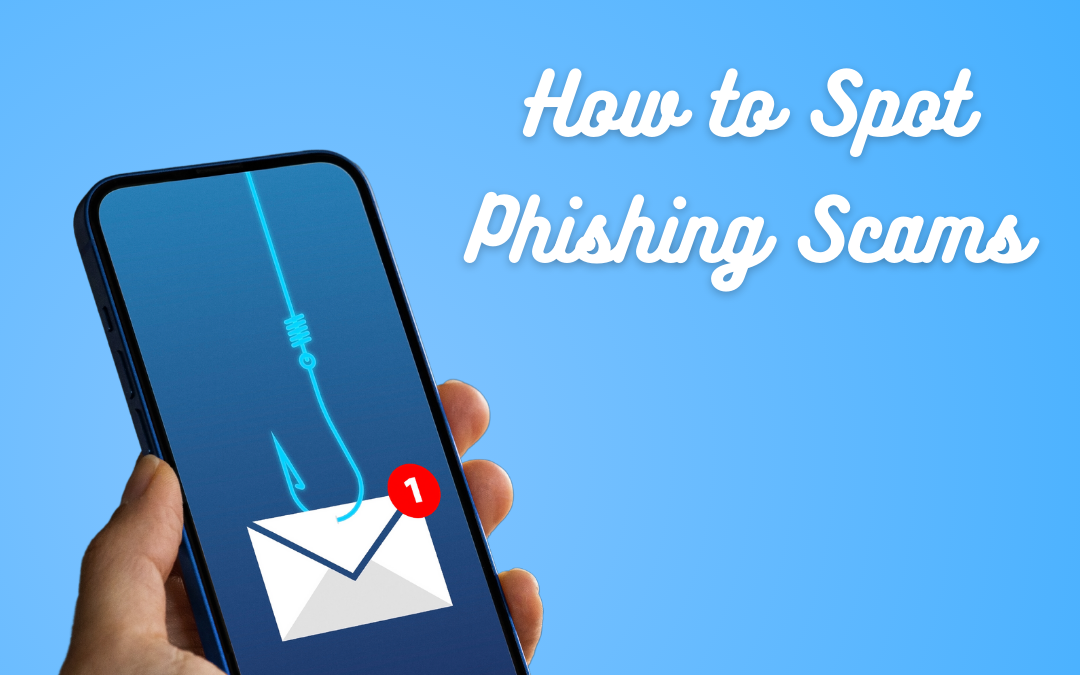In recent years, phishing scams have grown increasingly sophisticated. These scams can target your financial institution’s customers through phone calls, emails, texts, and even social media notifications, all cleverly disguised to deceive individuals.
The complexity of these scams has made it challenging to distinguish between legitimate communications and malicious attempts to compromise personal information.
Unfortunately, falling victim to phishing scams can lead to severe consequences, including financial losses and identity theft.
Therefore, it’s now more crucial than ever to recognize the signs of a phishing attack. In this blog, we will outline four common indicators of a phishing scam.
These insights can assist both you and your customers in identifying phishing scams and safeguard sensitive information from cybercriminals.
Suspicious sender’s email address
Cybercriminals frequently target your customers through email, making it one of the most prevalent types of cyber attacks.
When customers receive an email, they must carefully pause and scrutinize the sender’s email address.
Phishers often employ addresses that imitate genuine organizations but feature subtle differences, such as “exampl3.com” instead of “example.com.”
It’s essential that your customers verify the authenticity of the email address before engaging with it.
Typos and errors
Scammers frequently make mistakes in their emails, such as spelling errors, grammatical issues, or awkward language.
As a legitimate organization, your emails will be well-written and error-free. Paying attention to red flags such as typos and errors is an effective way for your customers to spot phishing attempts.
Fear-based or urgent language
Phishing emails frequently rely on emotional manipulation to deceive recipients. They employ tactics that instill fear by threatening immediate consequences, such as account suspension, legal repercussions, or loss of access.
Your customers must recognize that trustworthy organizations rarely use such alarming language in their communications. This awareness will prompt your customers to exercise caution and verify any requests before taking action.
Requests for sharing personal information
Individuals should exercise extreme caution when an email requests sensitive or personal information, such as an address, social security number, or credit card details. Typically, your institution will handle such requests through secure channels rather than standard email messages.
However, customers may not always be aware of this practice. It’s important to inform them of this.
Also, if they have any doubts, they should contact your organization directly using the official website or customer service phone number to confirm the request’s authenticity.
Reporting phishing attempts
It’s crucial for both you and your customers to report phishing scams. To report a phishing attempt:
For customers
If customers receive a suspicious email or encounter a potential phishing attempt, encourage them to follow these steps:
- Do not engage: Advise customers not to click on any links or provide personal information.
- Report to your organization: Ask them to forward the suspicious email to a dedicated email address or contact your customer support to report the incident.
- Notify authorities: Suggest they report the phishing attempt to relevant authorities, such as the Federal Trade Commission (FTC) or a local cybercrime agency.
For your organization:
Your organization should also have mechanisms for reporting and handling phishing attempts. Ensure that employees are educated on recognizing and reporting suspicious emails or activities.
Implement a clear protocol for handling such reports and investigating potential threats.
You can enhance cybersecurity awareness and better protect against phishing scams by fostering a collaborative effort between your organization and customers.
Discover Agora Eversole
At Agora Eversole, we’re proud to offer a wide range of traditional and digital marketing services tailored exclusively to financial institutions like yours.
We can help you reach your customers with the vital information they need in the spaces they spend the most time.
Our services include brochures, billboards, marketing strategies, local SEO, social media marketing, digital ads, and much more. Our services ensure your community bank has the latest tools and strategies to thrive in today’s market.

